Ten Utrecht-based researchers receive NWO Vidi grant
NWO awarded researchers a Vidi grant worth 800,000 euros

With the grants of 800,000 euros each, the laureates will develop their own, renewing research projects. The Vidis are meant for excellent researchers who have obtained their doctorates and have subsequently successfully been conducting research for a number of years. The grant enables them to develop their own innovative line of research and set up their own research group in the coming five years.
The Vidis of this year go to
Dr. Annemarie Kalis (Humanities)
Dr. Daniel Oberski (Social and Behavioural Sciences)
Dr. Elske Salemink (Social and Behavioural Sciences)
Dr. Carlijn Kamphuis (Social and Behavioural Sciences)
Dr. Laura Filion (Science)
Dr. Martijn Kool (Science)
Dr. Robin Ohm (Science)
Dr. Lennart de Groot (Geosciences)
Dr. Francien Peterse (Geosciences)
Dr. Joost Vervoort (Geosciences)

Dr. Annemarie Kalis: Self-control or self-manipulation?
Most people unfortunately have little willpower. Are nudging and self-manipulation by means of smart tricks, the only strategies left? This project will develop a situated account of self-control, and will show how we can exercise genuine selfcontrol by shaping our own action space.

Dr. Daniel Oberski: A validity sieve for digital traces
Everyone leaves digital traces, which social scientists would like to use to investigate their theories. But discovering valid measurements in this sandstorm of data has proven to be a major obstacle. This project develops innovative statistical methods that work as a validity sieve for digital traces, enabling novel social-scientific research
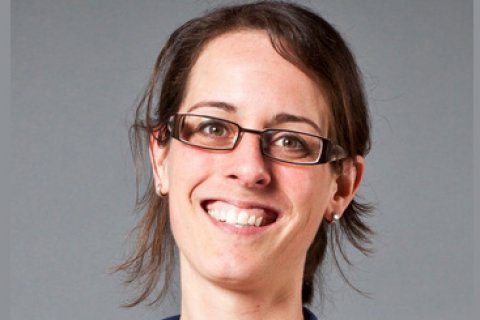
Dr. Elske Salemink: Are you ready? Predicting anxiety reduction in treatment
Anxiety treatments are only effective for roughly half of patients and predicting who will benefit has been largely unsuccessful. The researcher will test individual reactivity signals indicators of readiness for change. This could improve the prediction of anxiety reduction in treatment and guide the development of new interventions.
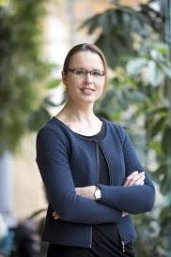
Dr. Carlijn Kamphuis: Unravelling health inequalities using systems thinking
Socioeconomic inequalities in health are striking. How these originate from an interplay between environmental circumstance and individual factors is unravelled using a systems approach. Crucial information to build the system model is acquired by interviews, data analyses, and experiments. The model calculates the potential impact of policies on health inequalities.
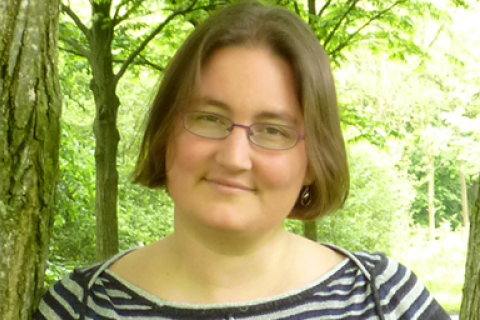
Dr. Laura Filion: Birth of a crystal nucleus
The transformation from a liquid to a crystal starts with the spontaneous formation of a tiny crystal nucleus. In order to improve our control over this process, the researcher will develop computer algorithms to explore how hidden structure in the liquid can be controlled to guide the nucleation process.

Dr. Martijn Kool: Vector bundles on curves spaces
Manifolds are curved spaces such as the surface of a donut. Vector bundles are linear objects on manifolds, e.g. the collection of tangent planes to a donut. This proposal gives novel applications of parameter spaces of vector bundles. These have unexpected relations to other fields of mathematics and physics.
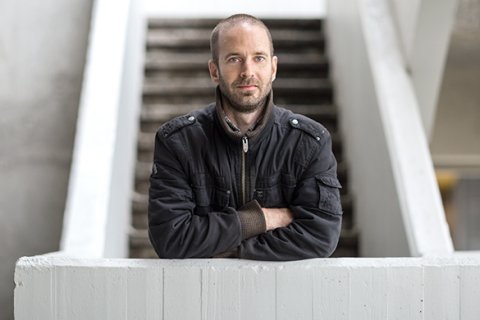
Dr. Robin Ohm: How do mushrooms defend themselves against diseases?
Mushrooms can get sick too, just like animals and plants. This is a major problem during the cultivation of edible mushrooms. The aim of this study is to get more insight into the immune system of mushrooms. This will eventually lead to mushrooms that are more resistant to disease.
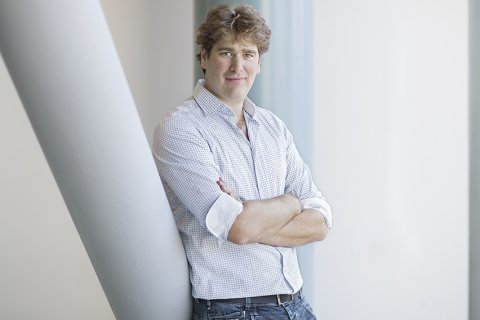
Dr. Lennart de Groot: The behavior of geomatic anomalies
The Earth’s magnetic field protects us against cosmic radiation that interferes with wireless communication systems. Regional anomalies in the Earth’s magnetic field allow excess radiation to reach the Earth’s surface. How these anomalies evolve through time is enigmatic. The researchers aim is to systematically unravel their behaviour for the very first time.
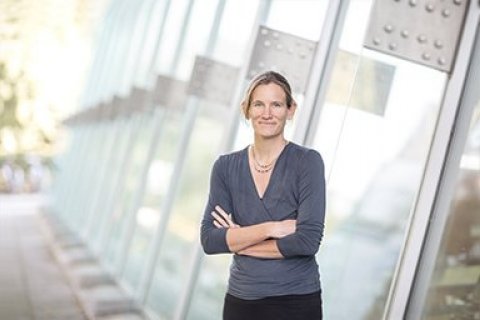
Dr. Francien Peterse: What is the impact of climate change on monsoon precipitation?
Climate models predict that global warming will lead to increased monsoon precipitation. However, instrumental records indicate that the strength of the Asian monsoon is actually weakening. The applicant will determine the influence of temperature change on monsoon precipitation based on climate shifts in the past.

Dr. Joost Vervoort: ANTICIPLAY: using games to experiment with futuresmart governance
The ANTICIPLAY project investigates how people can use games as tools to experiment with new ways to organize sustainable future societies. Games are specifically suitable for this because they are often made up of ‘rules’ and ‘roles’. ANTICIPLAY researches how game-based experimentation can be connected to present day action.

